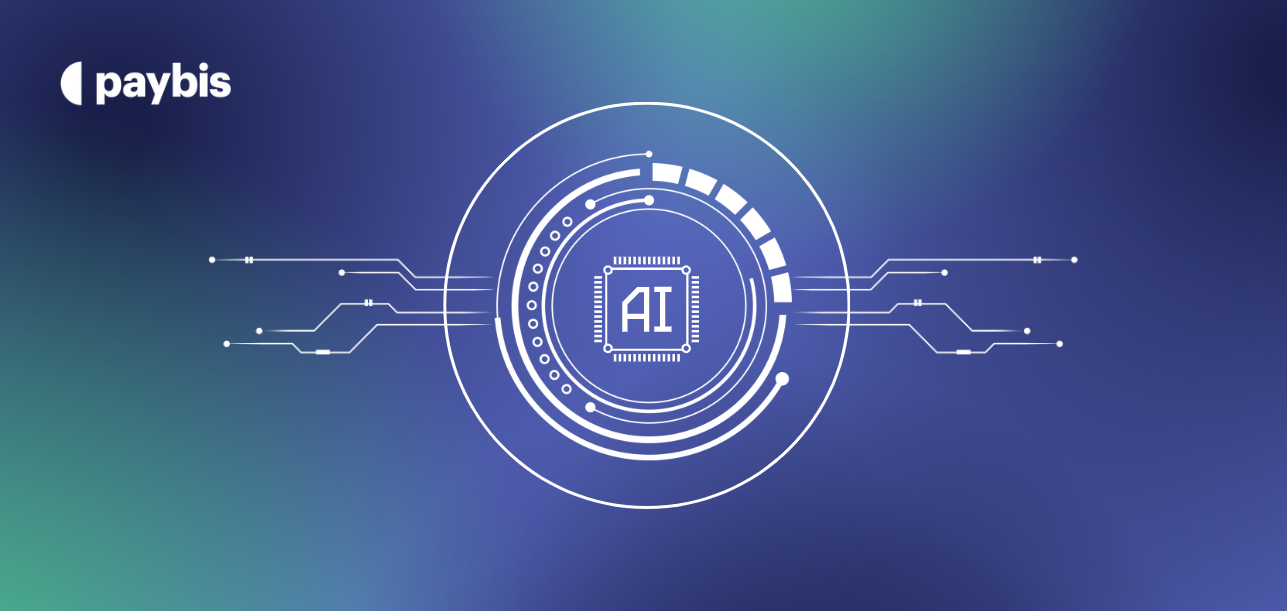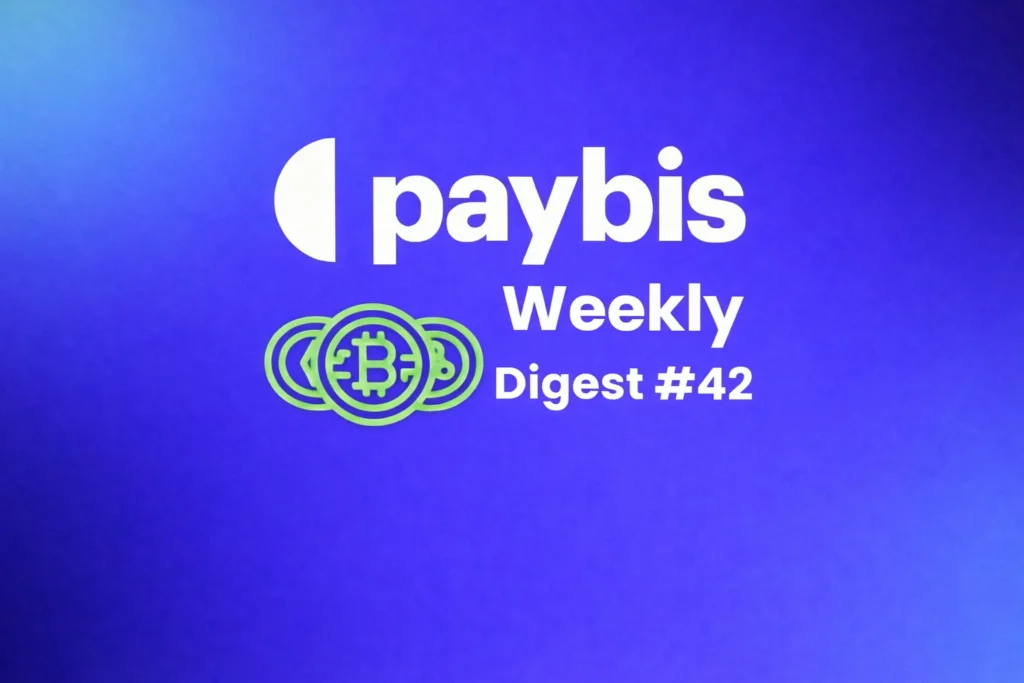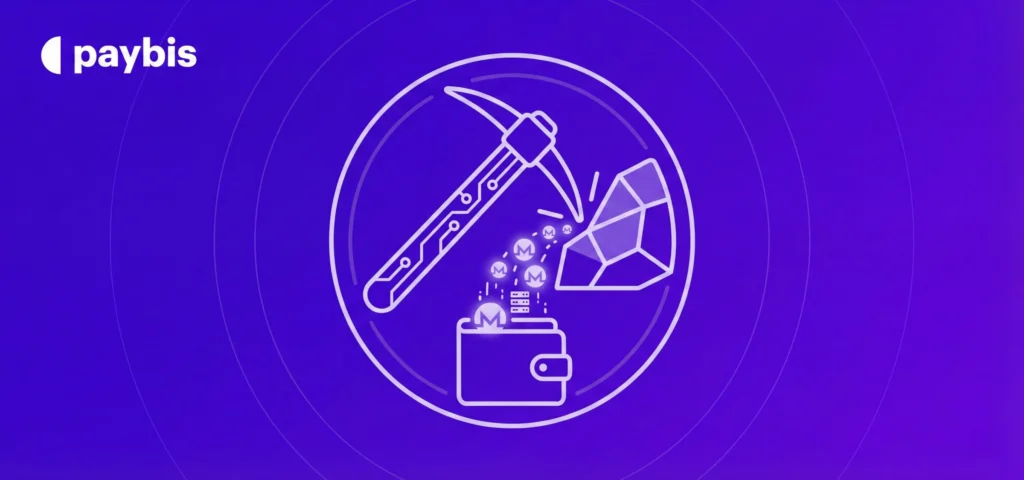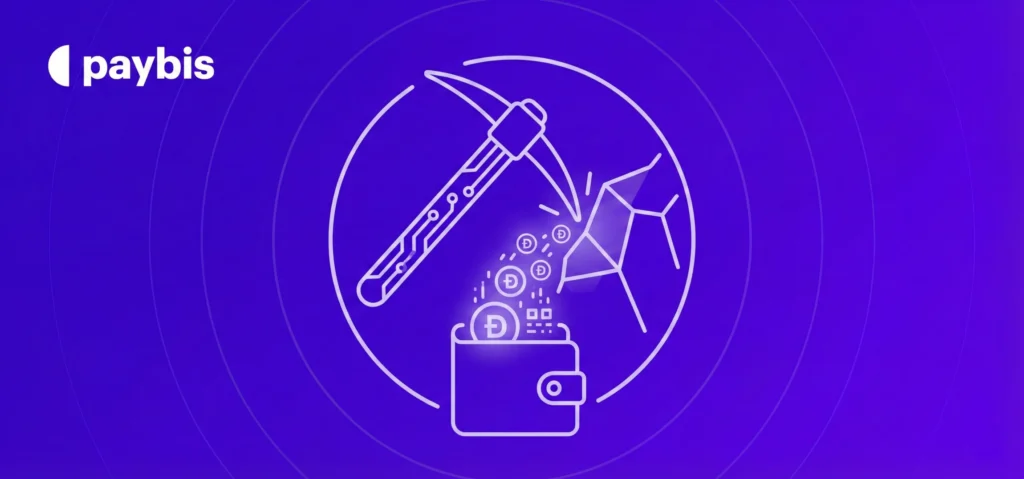How AI & Machine Learning Are Impacting Crypto Trading
Artificial intelligence & machine learning have come a long way since Alan Turing published his work, questioning whether machines can think in the 1950s. But after the launch of ChatGPT in 2020, AI has not just boomed, it has become a daily part of our lives.
AI-generated text, marketing algorithms, automated processes, images, videos, voices, games, code – you name it. And today, we have AI cryptocurrency trading. This new blend of advanced AI automated systems is now capable of both tracking real-time data changes and performing appropriate actions in response.
Automated systems show great promise in areas like customer support, claims processing, data entry and management, vendor management, and many more. But how does AI perform in crypto trading?
Table of contents
What is Artificial Intelligence (AI)?
Artificial intelligence (AI) refers to the development of machines to simulate human intelligence. This involves building a machine that can perform, to a certain degree, human-like tasks like problem-solving, decision-making, learning, perception, and natural language understanding.
As exciting as this new technological advancement may sound, it’s actually not a new concept. In fact, the concept of machines “thinking” was explored way back in the 18th century, albeit it was widely considered to be fictional elements of an elaborate fantasy.
Without getting into too much backstory here, the actual field of AI was established in 1956 at the Dartmouth Conference. Early AI models used rule-based systems like the ELIZA chatbot and Shakey the robot.
Without getting into too much backstory here, the actual field of AI was established in 1956 at the Dartmouth Conference. Early AI models used rule-based systems, such as the ELIZA chatbot and Shakey the robot.
Between the 1980s and 1990s research into AI shifted towards more statistical approaches, resulting in the birth of machine learning, showing the possibilities of machines when IBM’s Deep Blue defeated chess champion Garry Kasparov in 1997.
From the 2000s the field grew exponentially, advancing to big data. With increased computer power, possibilities of deep learning were explored, resulting in self-driving cars (to an extent), voice assistants, and generative AI like ChatGPT, DALL·E.
What is Machine Learning (ML)?
Machine learning is a field of AI that focuses on building computers to learn from data that’s introduced to it, without programming that data into a machine learning computer’s or model’s code. This way, ML algorithms learn to analyze data, recognize patterns, and offer solutions on how to improve certain data, like a work process.
It’s important to note though, that any ML model or algorithm must first go through an extensive training process. Let’s take computer vision (CV) as an example. Computer vision is how security cameras can recognize certain objects, like faces, but before it can do that, the model goes through a rigorous testing process.
AI in Financial Markets & Crypto
AI and ML have been instrumental in multiple areas within global financial sectors. Specifically, it’s been successfully adopted for fraud detection, automated trading, and risk assessment. Their application in cryptocurrency has further revolutionized trading strategies, market analysis, and security measures.
One of the most notable applications is none other than regulatory compliance. Nasdaq’s surveillance team reviews over 750,000 alerts annually for anomalies in price movements and trades which takes a great deal of manpower and resources. To circumvent this, Nasdaq uses machine learning to improve detection efficiency.
Similar to the AI applications in the financial sector, crypto, and blockchains made use of AI’s benefits as well. Namely, for crypto trading bots, sentiment analysis, fraud detection, and blockchain security. These early applications laid the foundation for more advanced AI-driven tools in decentralized finance (DeFi), smart contract auditing, and predictive analytics.
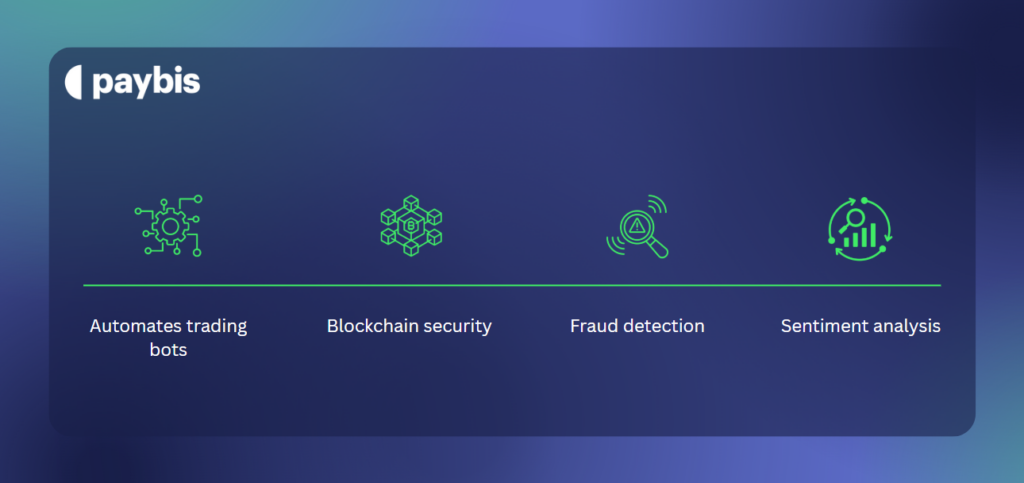
What Are AI-Powered Crypto Trading Strategies?
Cryptocurrencies are nothing if not driven by innovation and evolving technology. So, it’s no wonder that AI and automation processes are used to provide expert insights on the best-calculated strategies for maximizing profits and mitigating risks.
Algorithmic Trading
Algorithm trading uses AI to analyze huge amounts of datasets to identify market trends, inefficiencies, and basically any changes to trade correctly. AI models can access historical price change data freely as most of it is freely accessible on the internet and use machine learning to predict price movements.
High-Frequency Trading (HFT)
Many traders are excited about high-frequency trading (HFT), but it’s important to understand how they function. HFT bots rely on AI algorithms to help execute thousands of trades per second.
HFT models analyze real-time market data to find the best opportunities to trade cryptocurrencies across different crypto exchanges. These models use low-latency infrastructure and advanced predictive analytics to ensure that all executed trades are well-calculated.
At the same time, over-relying on HFT can have serious consequences if left unchecked. Moreover, HFT’s have received criticism for allowing large companies to gain an advantage in trading. Finally, since HFTs are capable of running multiple transactions per second, this can and does have a considerable effect on market volatility.
Sentiment Analysis
Sentiment analysis is another type of trading strategy that focuses on scanning news articles, social media discussions, market trends, and financial reports to pinpoint trading signals. This helps trading algorithms to predict in a way bullish or bearish trends.
Natural language processing (NLP) and deep learning are used to detect specific keywords, trends, and general shifts in community sentiment as they happen. While it’s true that sentiment is difficult to predict or interpret correctly for future predictions, it’s nonetheless an important foundational stone on which cryptocurrencies stand.
What Are Some Risk Management Strategies in AI Trading?
Risk management is arguably one of the main motivators for introducing AI into the world of cryptocurrencies. Volatility and speculation define cryptocurrencies, and while there are experts who keep track of key changes, the reality is, that these changes happen too often for any human to accurately report on them in real-time.
Advanced, especially extensively trained AI algorithms have the opportunity to monitor crypto changes as they happen and run various strategies for the best trading experience. But more than that, AI models can also:
- Detect crypto market anomalies by analyzing large data volumes to find any unusual market behaviors that could potentially lead to unfavorable trading results.
- Recognize and prevent fraud like wash trading and market manipulation. Specifically, Danske Bank adopted an AI-based solution to revamp its fraud detection mechanisms, resulting in a 60% reduction in false positives.
- Perform portfolio risk assessment by continuously monitoring market conditions and adjusting trading strategies.
- Enforcing regulatory compliance with AI tools capable of deciphering potentially illegal communication, no matter if coded or in jargon.
AI Trading Bots & Retail Traders
Automated trading bots and bot trading tools fill in the gap of anyone trying to track crypto market changes, which is nearly impossible for humans. These bots have the capability to run real-time analysis on price changes and, in effect, help you reach your trading goals by responding to any market changes with adjusted trading strategies for the most optimal outcome. Let’s review some of the most popular bots used by most traders.
- 3Commas: This automated trading bot is well-liked for its user-friendly interface while also providing a comprehensive suite of AI tools for different levels of trading.
- Pionex: A popular product that integrates 16 free built-in bots, each of which targets different strategies, offering a valuable trading diversification opportunity.
- Cryptohopper: It’s a cloud-based trading bot that allows you to automate trading strategies across multiple trading platforms with extensive customization.
- Coinrule: A unique bot that comes with great customization capabilities for traders who want to have more control over the process, known for being beginner-friendly.
- Trade Ideas: Mostly used for AI stock trading, but Trade Ideas have shown promise and potential for crypto trading as well.
Whether or not you’re considering AI trading bots to enhance your trading strategies, having a reliable exchange platform to turn to is crucial. Paybis provides an easy, seamless, and completely secure way to buy, sell, swap, store, and manage your digital currencies.
Our focus is on quality services, that’s why you’ll find multiple payment options, worldwide availability, and an even more extensive cryptocurrency list. That, and we care about your time and experience. You can create an account and buy Bitcoin in mere minutes, all the while having total transparency of every step in a transaction.
This makes Paybis a good choice, especially if you want to automate your trading experience to a certain degree and not worry about transaction issues.
What Are The Pros & Cons of Using AI Bots?
|
Advantages |
Disadvantages |
|---|---|
Automated trading bots process data and respond in real time. | Bots can come with potential security vulnerabilities and technical errors. |
AI bots can respond to trading opportunities 24/7. | Advanced bots can incur potentially high usage fees and accumulate transaction costs. |
Bots execute data-driven and complex strategies for the best result. | Over-reliance on bots without understanding the basics of crypto trading can lead to losses. |
Trading bots have the opportunity to backtest trading strategies using historical data for better performance. | AI bots remain a controversial topic due to the questionable market fairness and transparency. |
AI bots eliminate human emotion and adjust strategies based on long-term success. | Bots require a substantial amount of fine-tuning before they can be used. |
Summing UP
Artificial intelligence has already changed our daily lives so much. It’s honestly become essential, powering search engines, helping to create more advanced applications, optimizing work processes, and providing deeply analyzed feedback based on vast amounts of data.
And now, it’s gaining traction among crypto traders as well. AI bots and trading algorithms significantly boost the chances of successful and more profitable trading, but at the same time, these bots come with serious considerations that should be reviewed and weighted carefully. But more than anything, despite human error, intuition is an invaluable tool that shouldn’t be underestimated.
FAQ
Can AI help in crypto trading?
Yes, AI has already proven invaluable in helping crypto traders execute more efficient crypto transactions. AI trading software does so by analyzing large amounts of data with the help of machine learning and sentiment analysis. At the same time, even AI can’t completely protect from market volatility and especially, unpredictable events.
Can AI predict the crypto market?
An AI-based crypto trading bot can analyze historical data, trends, and sentiment to make probabilistic forecasts, but it can’t completely predict market changes.
Is AI crypto trading legal?
Artificial intelligence, crypto trading, blockchain technology, and especially AI cryptocurrency trading are all new forms of advanced technology. Governments around the world are dedicating considerable resources to research their potential and define regulations to help ensure legality. This is why we strongly advise you to do your own research on specific technologies like using a trading ai bot.
Can AI replace traders?
AI can help automate trading strategies, eliminate emotional bias, and execute trades efficiently. However, it lacks intuition and the basic human ability to adapt, which is an essential part of the crypto market.
Disclaimer: Don’t invest unless you’re prepared to lose all the money you invest. This is a high‑risk investment and you should not expect to be protected if something goes wrong. Take 2 mins to learn more at: https://go.payb.is/FCA-Info
